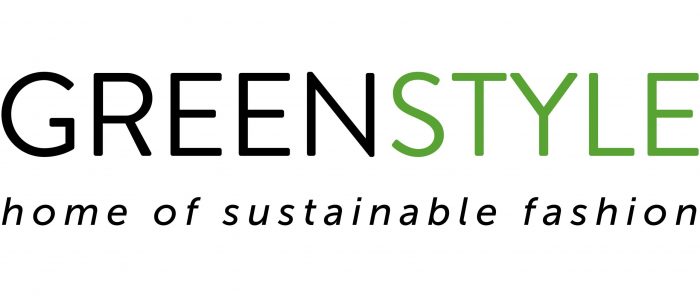Appleskin is made from industrial organic waste. The vegan leather substitute is made from leftovers of the juice press, which would otherwise be hazardous waste. Instead of being disposed, the waste becomes a material that is just about to conquer the market. It has already won an award: in the “Innovation and Technology” category at the Green Carpet Fashion Awards in Milan. Anyone who wants to see for themselves that Appleskin looks really good can already find some examples. Like the contemporary bags from Nuuwaï
“With Appleskin, we are upcycling from a waste product into a new raw material”
The material is colored with natural pigments. Appleskin is produced sustainably and under fair conditions. It has been used in bookbinding as a binding material since 2015 and is now also used in the fashion, furniture and automotive industries. Production takes place in Italy, but the main markets are mainly countries for which sustainability is already an important issue, such as Northern Europe and North America.
“We offer sustainable and ethical production”
At Frumat, everything is used from the conversion of waste into raw material. Whether everything is used in the production of the product depends on the design.
“We close the apple’s cycle. With the product, it depends on the design whether everything is recyclable. That’s why it’s important that designers also deal with this issue.”
The Corona crisis poses a challenge to Hannes himself as well as for his company. The production was interrupted. Therefore, he devotes himself to things for which there was previously too little time. The first website, the design and development of new materials and applications. But all this has to be well planned out because both he and his wife both work full-time and currently have four small children at home, full-time. The Bolzano native is very positive about the future of sustainable issues.
Interview “Auf den Apfel gekommen” by Susanne Barta with Hannes Parth on franzmagazine


